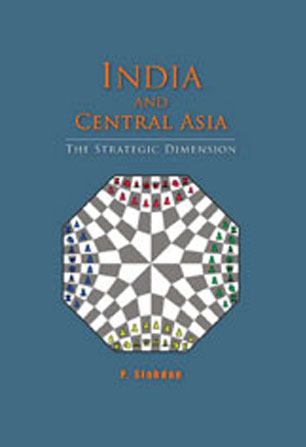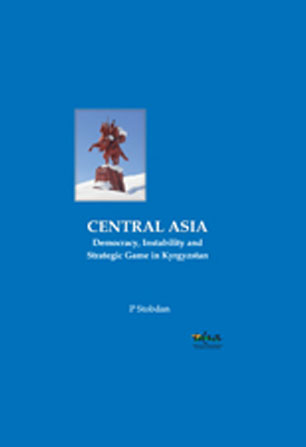Role of BRICS’ Economic Cooperation for Global Governance and Institution-Building: An Indian Perspective
This article attempts to understand BRICS from the perspective of a multi-polar world order and the role played by India at the BRICS. Specifically, the article looks at the implication that BRICS has for future of multilateralism, promoting new institutional delivery mechanisms, upholding the space for development and equity, and highlights India’s contribution to the shaping of the BRICS agenda.
- Sachin Chaturvedi , Sabyasachi Saha
- November 2019









